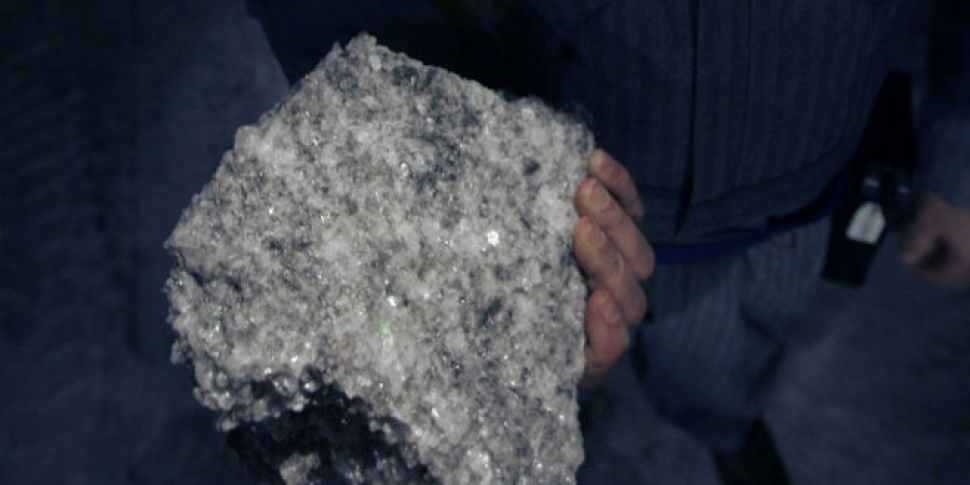A team of international researchers, including geologists from the University of Aberdeen, have begun to analyse an air sample from an 815-million-year-old rock.
The rock salt was found to contain traces of trapped atmospheric gas, from which measurements of oxygen were taken.
The researchers published their initial analysis in the Geology journal. They found that the percentage of oxygen present in the atmosphere 815 million years ago was enough for animals to flourish.
This could have an huge impact on our current understanding of the history of the Earth as some studies have suggested that the required level of oxygen would only have been present much later in the Earth’s history.
Until now scientists believed that oxygen levels would not be that high until 100 million to 200 million years later.
The measurements place elevated oxygen levels long before the appearance of animals in the fossil record around 650 million years ago
Professor John Parnell, from the University of Aberdeen’s School of Geosciences said:
“With this study, the oxygen in the air that allowed the earliest animals to breathe has been measured directly for the first time.
“What is especially significant in this study is that we actually discovered a real atmosphere sample, where previous estimates have been made using indirect modelling methods. We had a good idea about how to get at the ancient air, and it’s very pleasing that our hunch has paid off.”
The team was led by Dr Nigel Blamey from New Mexico Tech. He said the measurement was made possible by an international collaboration involving scientists from the UK, US, Canada, France, Australia and China.
“This brought together expertise in technology, ancient rocks and the evolution of life, and built on years of experience crushing rocks exploring for gold, oil and gas.”
Professor Uwe Brand, from Brock University, who also took part in the study said that this is a particularly important study because it could change what we know about the origins of life on Earth.
"This is really important evidence about the oxygen in the air, which helped one of the key events in the history of our planet, the rise of the animals.”









